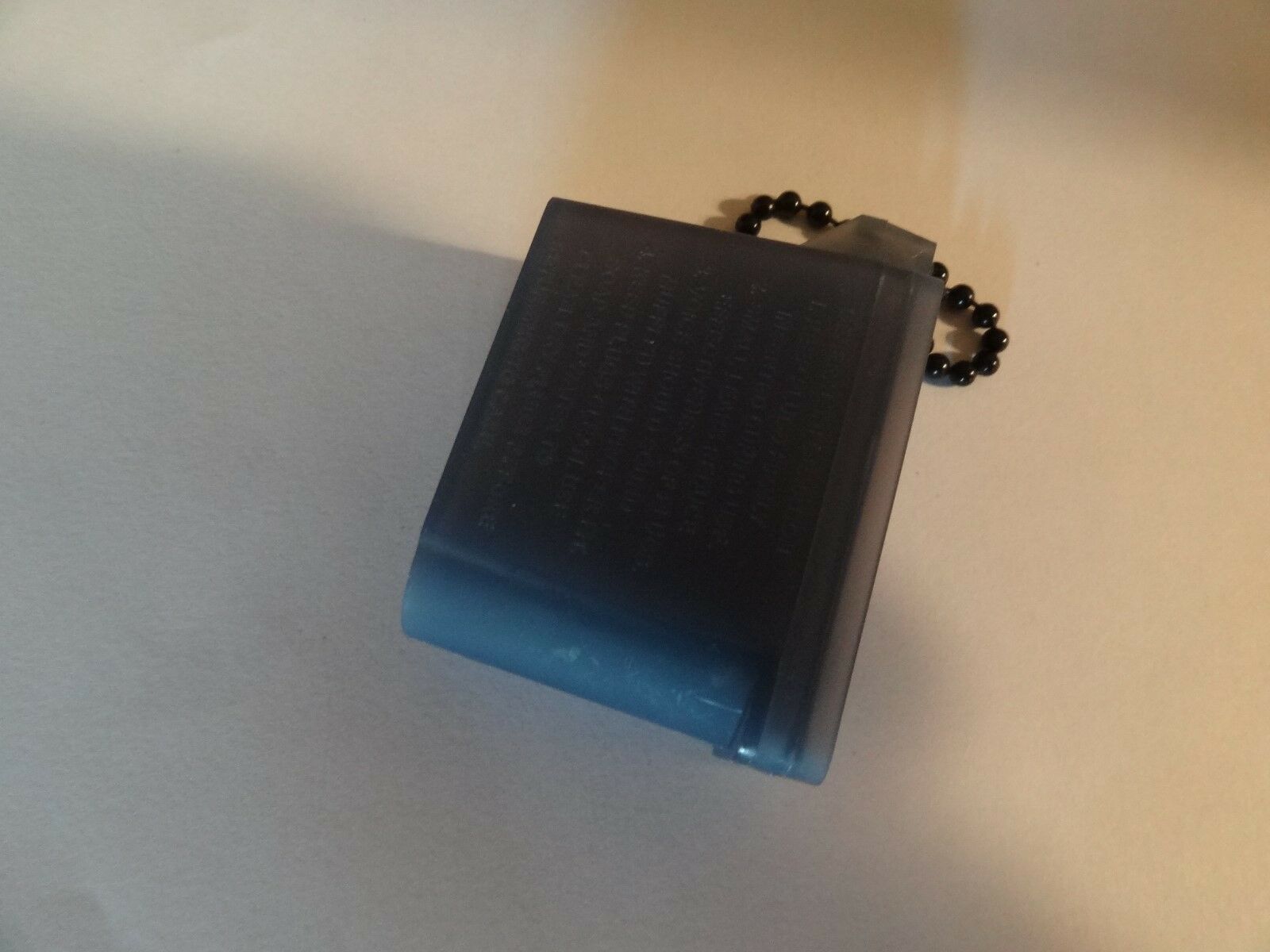-40%
SLAYERS of BAGHDAD MQ-1C Task Force ODIN Observe Detect ID Neutralize INSIGNIA
$ 15.83
- Description
- Size Guide
Description
SLAYERS of BAGHDAD MQ-1C Task Force ODIN Observe Detect ID Neutralize νeΙcr⚙INSIGNIA
This is a very special Original (not cheap import copy) ELITE PROFESSIONAL
SP OPS WAR TROPHY SSI SHOULDER SLEEVE INSIGNIA: SLAYERS of BAGHDAD MQ-1C Task Force ODIN Observe Detect ID Neutralize INSIGNIA νeΙ©®⚙ PATCH.
Task Force ODIN
, whose name is an acronym for observe, detect, identify, and neutralize, is a United States Army aviation battalion created in August 2006 to conduct reconnaissance, surveillance and target acquisition(RSTA) operations to combat insurgent operators of improvised explosive devices in Iraq. The unit was formed at Fort Hood, Texas, and first deployed in October 2006. An Army article says the unit is meant to meet "the critical requirement to 'win back the roads' using Army Aviation assets to maintain a persistent stare over demonstrated at-risk areas for IEDs." Army leaders said they created the unit because the United States Air Force provided inadequate or inaccurate close air support.
ODIN is the Army's only unit that flies the MQ-1B Warrior-Alpha unmanned aerial vehicle. Built by General Atomics Aeronautical Systems, the extended-range multi-purpose hybrid UAV has an advanced sensor package incorporating electro-optical sensors, including FLIR, and synthetic aperture radar together with a laser rangefinder and a laser designator, the latter for "painting" targets for strikes with Hellfire missiles and laser-guided bombs.
By September 2007, the Warrior-Alpha had flown more than 6,000 hours and had contributed to the killing of 3,000 insurgents in Iraq.
Task Force ODIN’s success stems from a combination of 4 elements. The result is a surveillance/strike package whose elements contribute diverse strengths and cover for each others’ weaknesses, achieving results that each element could not achieve on its own:
The first element
is inexpensive, modern-day “Bird Dog” type propeller planes like the Cessna Caravan 208B, C-12R “Horned Owl” or C-12 MARSS-II King Air ISR aircraft, etc. Advanced surveillance and targeting turrets, hyperspectral sensors, and ground-looking radars like General Atomics’ APY-8 Lynx, are integrated with these aircraft, which have higher carrying capacities than most UAVs. Manned aircraft also have much wider fields of view than UAVs, and allow pilots to use other senses like hearing.
The second element
is UAVs like the Army’s RQ-5 Hunters, RQ-7 Shadows, MQ-1C Sky Warriors, et. al. At the high end, these drones are actually more expensive than their companion manned aircraft. Smaller UAVs do offer cost advantages, but all UAVs have the problem of “looking through a soda straw,” which makes them better suited to more focused surveillance of marked areas or key infrastructure like roads, power lines, etc. UAVs’ biggest advantages are twofold: longer time-on-station for persistent surveillance, and the ability to carry precision weapons like Viper Strike, Hellfire missiles, and perhaps even GPS-guided 81mm mortar bombs that would allow the Army to arm its Shadow UAVs as well.
During the task force’s initial operations in Iraq, however, the UAVs were unarmed. QRC-1 of 4 MQ-1C SkyWarriors was unarmed, and the RQ-5/Viper Strike combination was tested but not deployed until several years later in Afghanistan.
The third element
is math. Its role is highly under-rated, but new and improved algorithms have made both UAVs and manned “bird dogs” more useful, by offering better analysis of what’s in their scans. A new technology called “Constant Hawk,” mounted on a C-23 Sherpa aircraft, can identify changes in an area, based on multiple scans sing hyperspectral sensors and other equipment. One obvious thing to look for is the signature of disturbed earth or new pavement, which may indicate a new land mine.
The last element
is close co-ordination with Army ground elements, including special forces, and army aviation elements like the AH-64 Apache attack and OH-58D Kiowa Warrior scout helicopters. The AH-64’s 30mm cannon has received significant use, as a weapon that offers exceptional accuracy, usefulness as an inducement to surrender rather than just being a simple shoot/kill weapon, and almost no collateral damage beyond the identified target’s immediate area. (
by Defense Industry Daily staff
)
You will receive the item as shown in the first photo.
Other items in other pictures are available from my eBay Store
.
They will make a great addition to your SSI Shoulder Sleeve Insignia collection. You find only US Made items here, with the same
LIFETIME
warranty.
**
eBay REQUIRES ORDER BE SENT WITH
TRACKING
, PLEASE SELECT
USPS 1ST CLASS SERVICE w/TRACKING
**
ALL US-MADE PATCHES HAVE LIFE TIME WARRANTY
Watch out for cheap import copies
1-818-813-9282 for US Customer Services



















